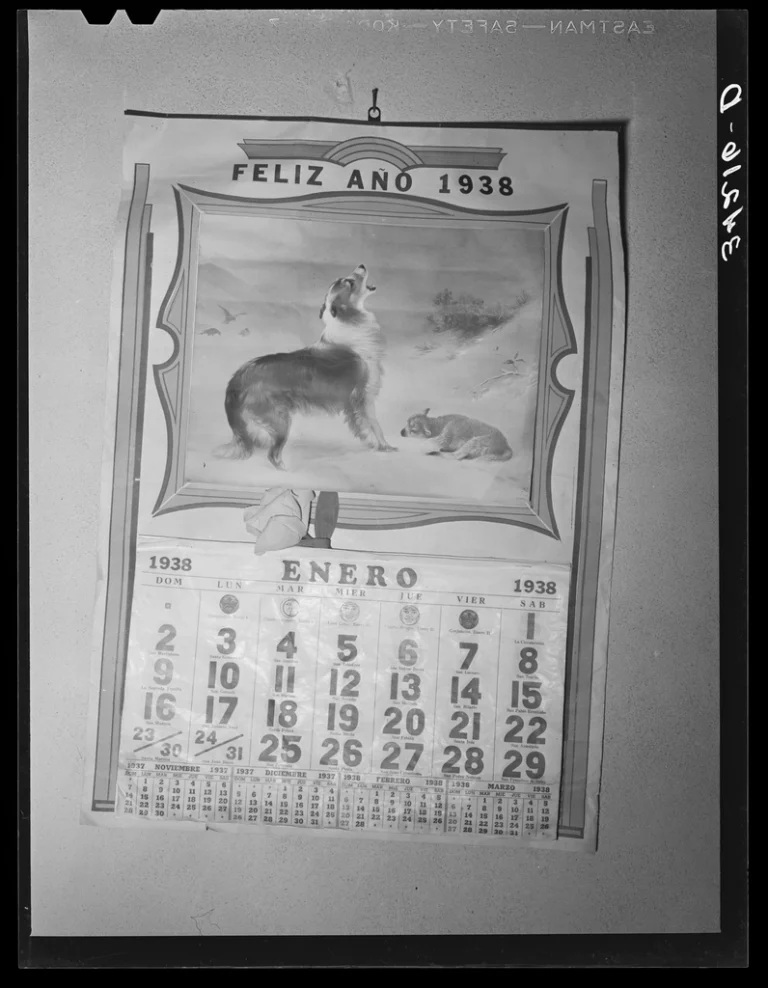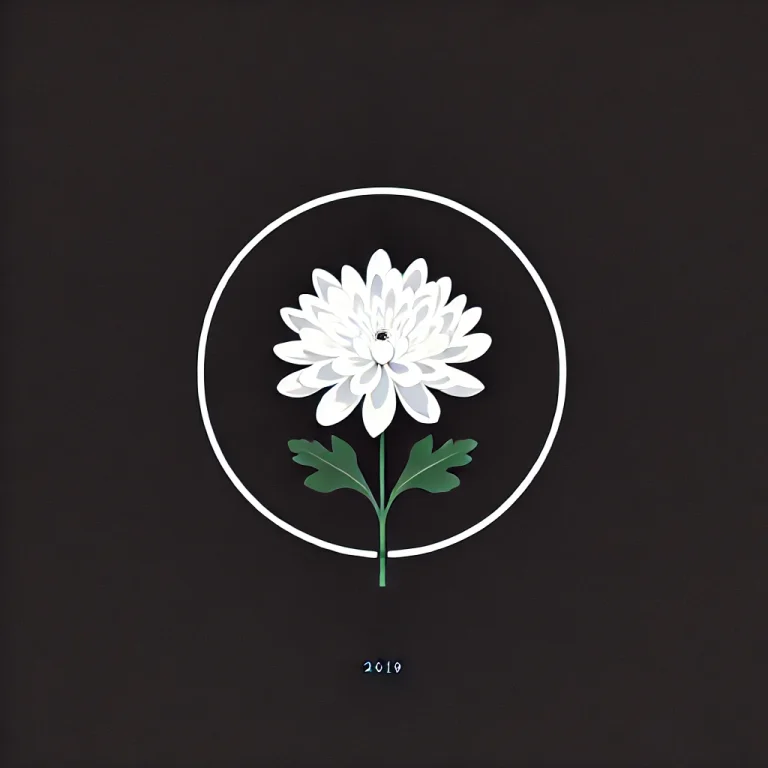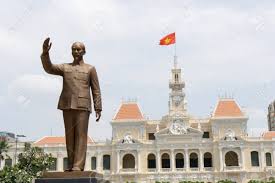민족 의식
이육사는 일제강점기라는 어두운 시대 속에서 민족의 독립과 자주성을 중요하게 여겼습니다. 그의 시는 단순한 문학 작품이 아니라 민족의 정체성을 일깨우고 독립의 염원을 담은 저항의 도구로 사용되었습니다. 특히 “광야”와 같은 작품은 민족의 역사와 독립에 대한 희망을 상징적으로 표현한 대표작입니다.
National Consciousness
Yi Yuk-sa cherished the ideals of national independence and self-determination during the oppressive era of Japanese colonial rule. His poetry transcended mere artistic expression, serving as a powerful tool of resistance that awakened the Korean people’s sense of identity and hope for liberation. His iconic work “The Wilderness” is a representative example, symbolizing the nation’s history and its aspirations for freedom.
독립운동
이육사는 단순한 시인이 아니라 적극적인 독립운동가였습니다. 그는 중국으로 건너가 독립운동 단체와 연계해 활동하며, 조선 의용대 등에서 독립운동에 헌신했습니다. 이러한 활동은 그의 시적 메시지에도 영향을 미쳐, 저항의 목소리를 강렬하게 담게 했습니다.
Independence Activism
Yi Yuk-sa was not only a poet but also a committed activist in Korea’s independence movement. He traveled to China, where he collaborated with independence organizations, including the Korean Volunteer Army (Joseon Uiyeongdae). These experiences deeply influenced his poetic voice, imbuing it with a profound and passionate call for resistance.
일제의 탄압
이육사는 여러 차례 일제 경찰에 체포되어 투옥되었고, 이러한 경험은 그의 시와 생애를 형성하는 중요한 계기가 되었습니다. 감옥에서의 고통과 억압은 그에게 깊은 상처를 남겼지만, 이는 오히려 그의 저항 의식을 더 강하게 만들었습니다. 그의 유고 시집에는 이러한 고통의 흔적이 고스란히 드러납니다.
Japanese Oppression
Throughout his life, Yi Yuk-sa was arrested and imprisoned multiple times by Japanese authorities. These experiences shaped both his poetry and his personal resolve. The suffering and oppression he endured in prison left indelible marks on his life but also strengthened his resistance spirit. His posthumous collection vividly reflects the anguish and determination forged in these trials.
저항 문학
이육사의 시는 단순히 예술적 성취에 머무르지 않고, 강렬한 저항 의지를 담은 문학의 전형으로 평가받습니다. 그의 작품은 비유와 상징을 통해 민족의 역사를 노래하며, 독립을 향한 염원을 표현했습니다. 이는 일제강점기 문학의 중요한 흐름 중 하나인 저항 문학의 대표적인 사례입니다.
Resistance Literature
Yi Yuk-sa’s poetry stands as a hallmark of resistance literature, a key genre during the Japanese colonial era. His works employ rich metaphors and symbolism to narrate the history of the Korean people and express their longing for independence. This contribution places him as a central figure in the literary movement that sought to inspire resistance through art.
죽음과 희생
이육사는 1944년 일본에서 복역 중 건강이 악화되어 순국했습니다. 그의 죽음은 일제강점기 독립운동가들이 겪었던 고난과 희생을 상징적으로 보여줍니다. 이육사의 생애와 시는 단순한 문학적 성취를 넘어 조국의 독립을 위해 자신을 희생한 한 인간의 삶을 고스란히 담고 있습니다.
Death and Sacrifice
In 1944, Yi Yuk-sa died in a Japanese prison, succumbing to the harsh conditions and deteriorating health. His death stands as a testament to the immense hardships and sacrifices endured by independence activists during Japanese occupation. Yi Yuk-sa’s life and poetry transcend the boundaries of literature, embodying the story of a man who gave everything for the freedom of his homeland.
“역사를 잊은 민족에게 미래는 없다.” – 단재 신채호
끊임없는 광음을
부지런한 계절이 피어선 지고
큰 강물이 비로소 길을 열었다
지금 눈 내리고
매화 향기 홀로 아득하니
내 여기 가난한 노래의 씨를 뿌려라
다시 천고의 뒤에
백마 타고 오는 초인이 있어
이 광야에서 목놓아 부르게 하리라
– ‘광야’ 중에서







살아가면서 국가가 얼마나 중요하고 큰 울타리인지 모르고 사는 민족은
불위에 올라 앉아있는 물속의 개구리 신세와 같다.
언제 위험한지도 모르는 채 어느순간에 삶아져 죽어버리는…
단 한순간도 국가에 대한 소중함을 잊어서는 안된다는 교훈을
이 육사님등 독립운동가들을 통해서 배우고
가슴에 새긴다. 좋은 컨텐츠 감사합니다. 카멜리아~~~
감사합니다!
이육사 시인은 진정한 우리의 시인입니다. 시대상황에 대해 정당한 대응을 일관되게 하였고, 동시에 예술과 문화의 표준을 시로써 제시하는 것을 일관하였습니다. 시인의 모습속에 인간의 얼굴을 평온하게 그려냈습니다. 그 지극한 일치는 진정한 시인이라는 원본에 합당합니다. 우리가 진정한 시인을 가진 민족이라는 자부심이 이육사로부터 비롯됩니다. 이것이 진짜 이야기인 까닭입니다.
옳으신 말씀입니다.